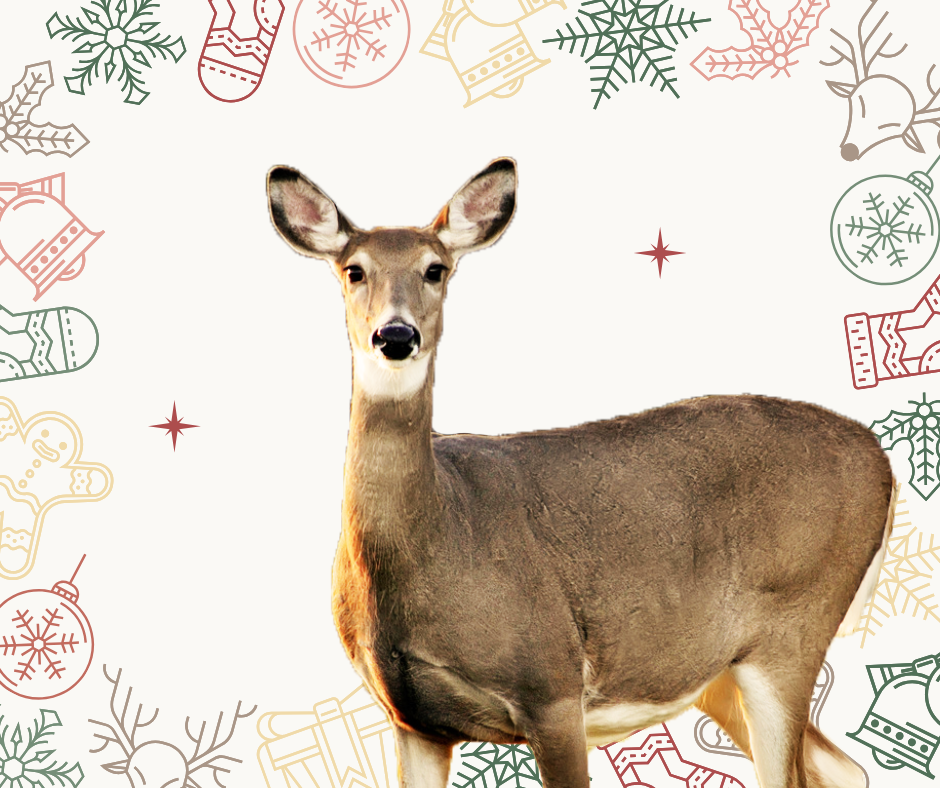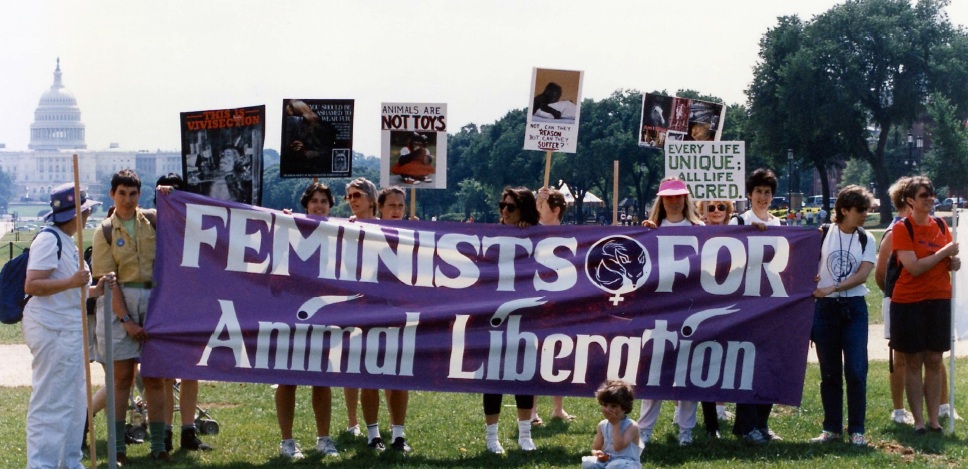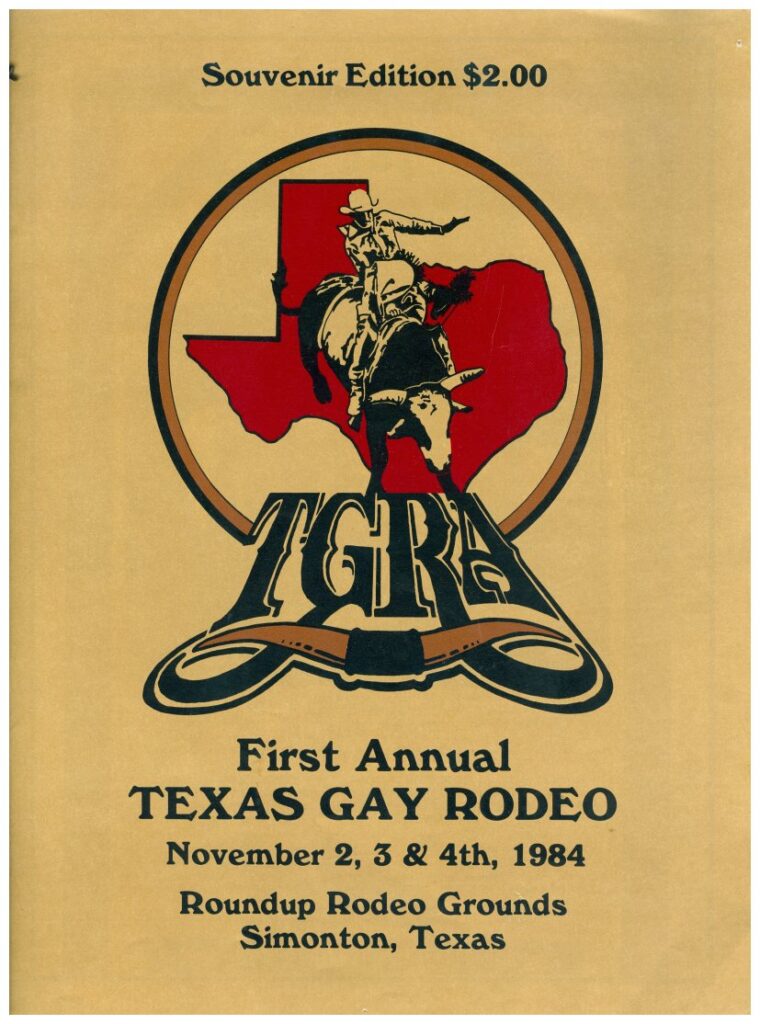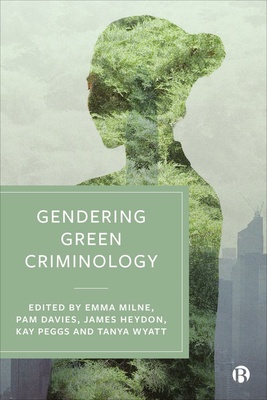
Although most of the early vegetarian feminists were not quite willing to acknowledge or resist the inherent violence in animal-derived foods and products beyond “meat,” political veganism in the West has been in practice since at least the early 19th century. The famous Alcott family of the United States, for instance, understood Nonhuman Animal rights as complementary to their abolitionist efforts. In the 1840s, they attempted to put their transcendentalist philosophy and social justice values into action not simply by practicing veganism by way of diet, but by creating a utopian-oriented communal farm (Francis 2010, Shprintzen 2013). They acquired a large 90-acre tract of farmland in rural Massachusetts they named Fruitlands. Here, they hoped to grow their own food—all vegan—without the use of horses, oxen, or other animals for draught nor manure.1
This emphasis on the utopia should not suggest that people of the era had an unfamiliarity with plant-based living. In 19th century Ireland, for instance, colonization ensured that the agricultural exploitation of cows and other animals for flesh and breastmilk was relegated primarily to British colonial landowners bound for industrializing England and the booming slave trade in the Americas. The Irish peasantry survived primarily on the farming of potatoes and other vegetables for their own consumption, and vegetarian advocates of the day saw this as evidence of the nutritional suitability of animal-free consumption (Wrenn 2021).
Veganic farming, for that matter, was not unknown prior to the industrialization of agriculture. For instance, abundantly available seaweed was used as a potent fertilizer in Ireland, while Native Americans did not rely on Nonhuman Animals for plowing and many tribes ate very plant-heavy diets (Robinson 2024, Teufel 2009). While the destruction of the American buffalo is often cited as a strategy in Indigenous genocide, less discussed is the assault on the American chestnut, a far more widespread and actively managed food source for natives of North America.
The Alcotts were familiar with these vegan-oriented food production systems and more, citing them in their writings as rationales for their own experiments. What they were less familiar with, however, was how to operationalize these techniques with little practical experience of their own. As upper-middle class artists, authors, and speakers, they were truly unprepared for the immense efforts needed to operate a fully self-sustaining farm. Louisa May Alcott (who authored the famous classic in American women’s literature, Little Women) was also acutely aware of the gender politics that remained largely unchanged in this little utopia (Shprintzen 2013). The male inhabitants of the project continued with their busy advocacy and lecture circuits, leaving the women behind to maintain the everyday drudgery of operating a working farm.

Within a year, the project came to an end. Historians have pointed to the eschewing of Nonhuman Animal labor as reason for the failure (Francis 2010), but it seems more likely that the philosophical interests and commitments of the residents distracted from the material requirements of farm life. They seemed more interested in pontificating about utopia than doing utopia.
That said, Fruitlands does provide evidence of early interest in the manufacture of a vegan society, one that was born of an intersectional praxis given the founders’ participation in so many social justice efforts of the time. It was also evidence of an early vegan feminist critique of male privilege in the movement. As would become a pattern across the next century, women would be burdened with the drudgery of organization and project upkeep, freeing men to undertake the more glamorous and celebrated public-facing work.
Notes
- Many “back to the land” hippie and feminist campaigns in the United States fail to consider the legacy of colonialism and Indigenious removal in the “taking back” of land. Fruitlands (now a museum) continues to occupy traditional lands of the Agawam, Nipmuc, and Pawtucket tribes in Harvard, MA.
References
Francis, R. 2010. Fruitlands. New Haven: Yale University Press.
Robinson, M. 2024. “Indigenous Veganism.” Pp. 295-313, in The Plant-based and Vegan Handbook. Y. Athanassakis, R. Larue, and W. O’Donohue (Eds.). Cham: Springer.
Shprintzen, A. 2013. The Vegetarian Crusade. Chapel Hill: The University of North Carolina Press.
Teufel, N. 2009. “Nutrient Characteristics of Southwest Native American Pre-contact Diets.” Journal of Nutritional & Environmental Medicine 6 (3): 273-284.
Wrenn, C. 2021. Animals in Irish Society. New York: SUNY Press.
Wrenn, C. 2022. “Society Writings.” Pp. 333-348, in The Edinburgh Companion to Vegan Literary Studies, L. Wright and E. Quinn (Eds.). Edinburgh: University of Edinburgh Press.
Dr. Wrenn is Senior Lecturer in Sociology at the University of Kent. She received her Ph.D. in Sociology with Colorado State University in 2016. She was awarded Exemplary Diversity Scholar, 2016 by the University of Michigan’s National Center for Institutional Diversity. She served as council member with the American Sociological Association’s Animals & Society section (2013-2016) and was elected Chair in 2018. She is the co-founder of the International Association of Vegan Sociologists. She serves as Book Review Editor to Society & Animals and is a member of the Research Advisory Council of The Vegan Society. She has contributed to the Human-Animal Studies Images and Cinema blogs for the Animals and Society Institute and has been published in several peer-reviewed academic journals including the Journal of Gender Studies, Environmental Values, Feminist Media Studies, Disability & Society, Food, Culture & Society, and Society & Animals. In July 2013, she founded the Vegan Feminist Network, an academic-activist project engaging intersectional social justice praxis.







